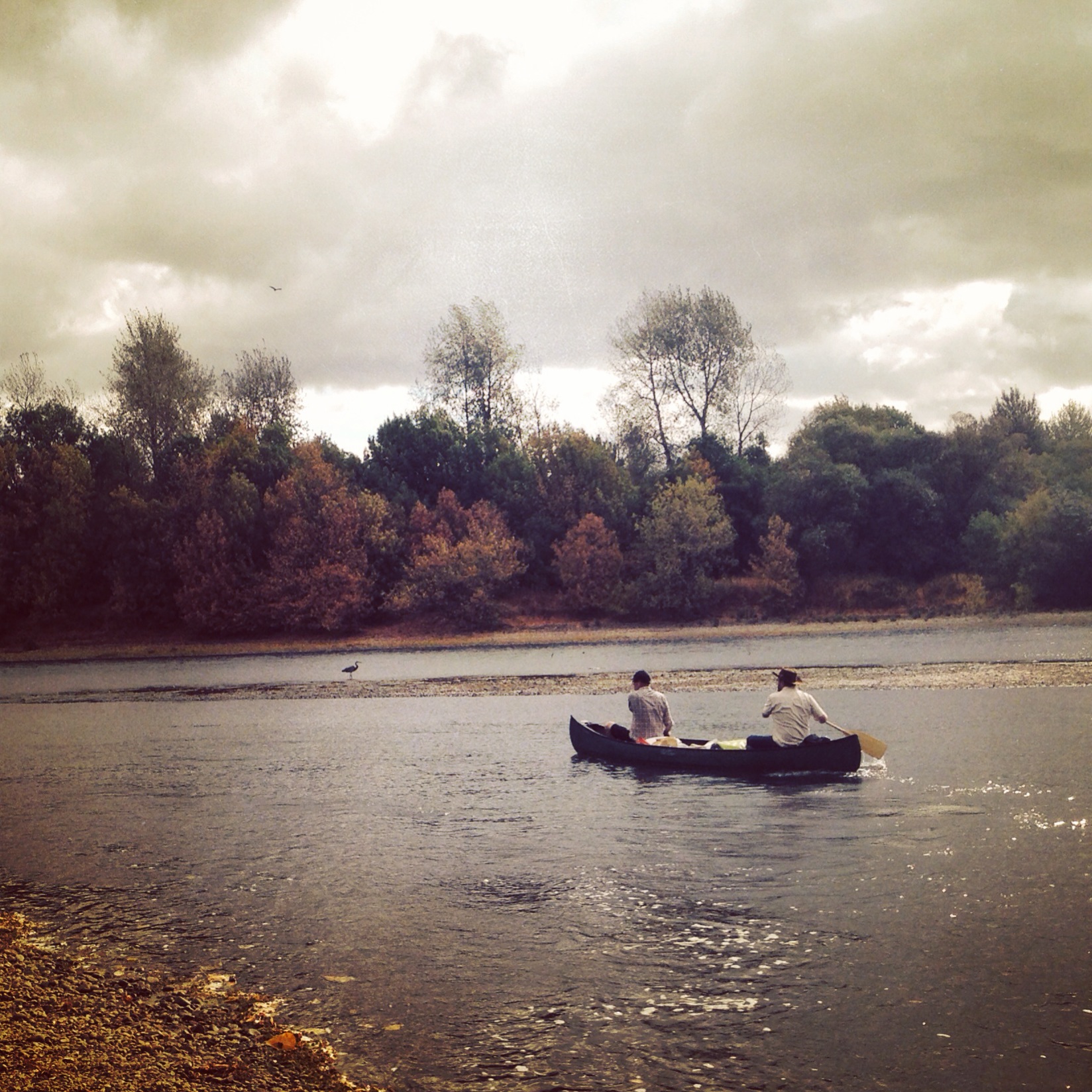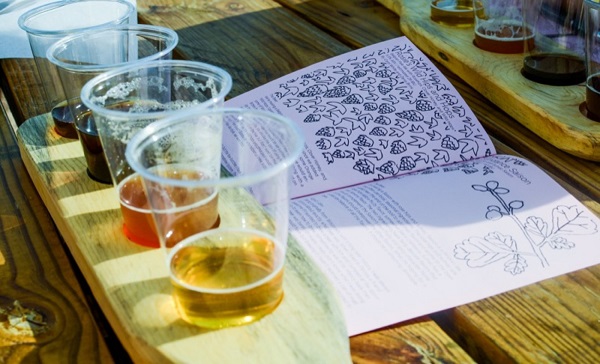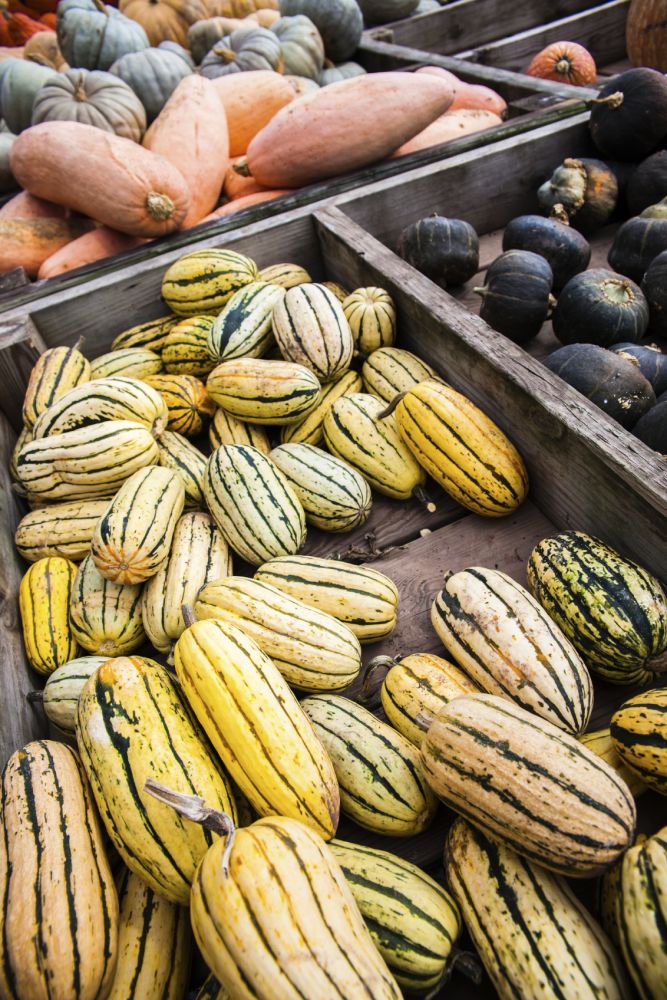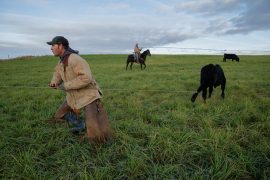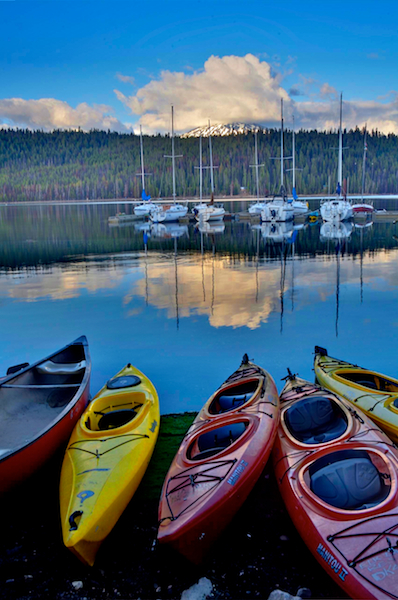written by Lindsay McWilliams | photos courtesy of Illahe Vineyards
This weekend, Brad Ford and the crew at Illahe Vineyards embark on an old-world journey, via a mule-drawn stagecoach, a canoe and a bike messenger. They’re delivering 1899, a pinot noir named after a year without any modern winemaking technology. And this expedition isn’t the only part of the wine that’s outdated. For 1899, the company uses horses to transport grapes around the vineyard, a bike-powered press, destemming by hand, a wooden fermenter and a hand-corker without a vacuum.
“What we get out of it is something different,” said Ford, whose father was the founder of the winery. “It’s a new twist, ironically.”
The idea of an antiquated wine began to churn in 2011, when the company bought its first wooden fermenter. In experimenting with this old machinery, Ford began to wonder, Why stop here? “From then on, the impetus moving forward was to keep moving backwards,” Ford said.
The following year, Illahe Vineyards produced its first, modest batch of 1899 Pinot Noir. Four years and many improvements in efficiency later, Illahe just finished hand-corking 1,200 bottles of this year’s batch.
On Monday, July 25, a canoe full of wine cases will arrive in Portland. Carmella’s Wines in Southeast will hold a tasting from 3 to 5 p.m. showcasing this truly vintage wine.
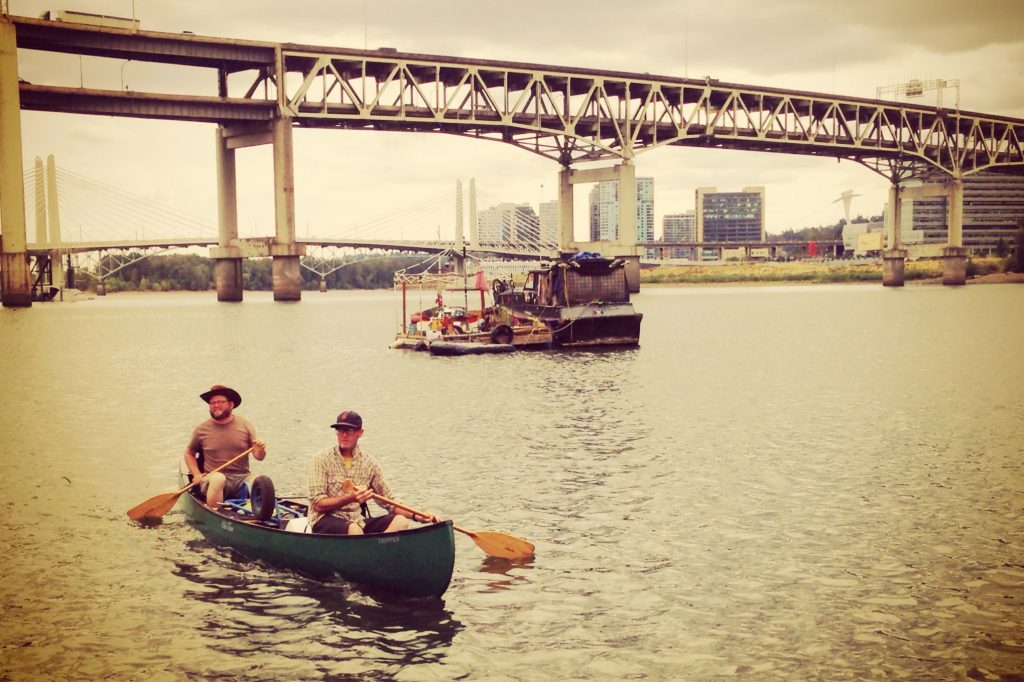
In the future, Ford hopes to produce other styles of wine using these age-old processes. The company is currently developing clay fermenters, which Ford hopes will work well with at least three other red wines that Illahe normally makes. He also looks forward to using tactics that are older than Oregon has ever seen. Because winemaking in Oregon hasn’t been around long comparatively to other regions of the world, Ford and his crew hope to be the pioneers of this ancient winemaking technology in the state of Oregon.

